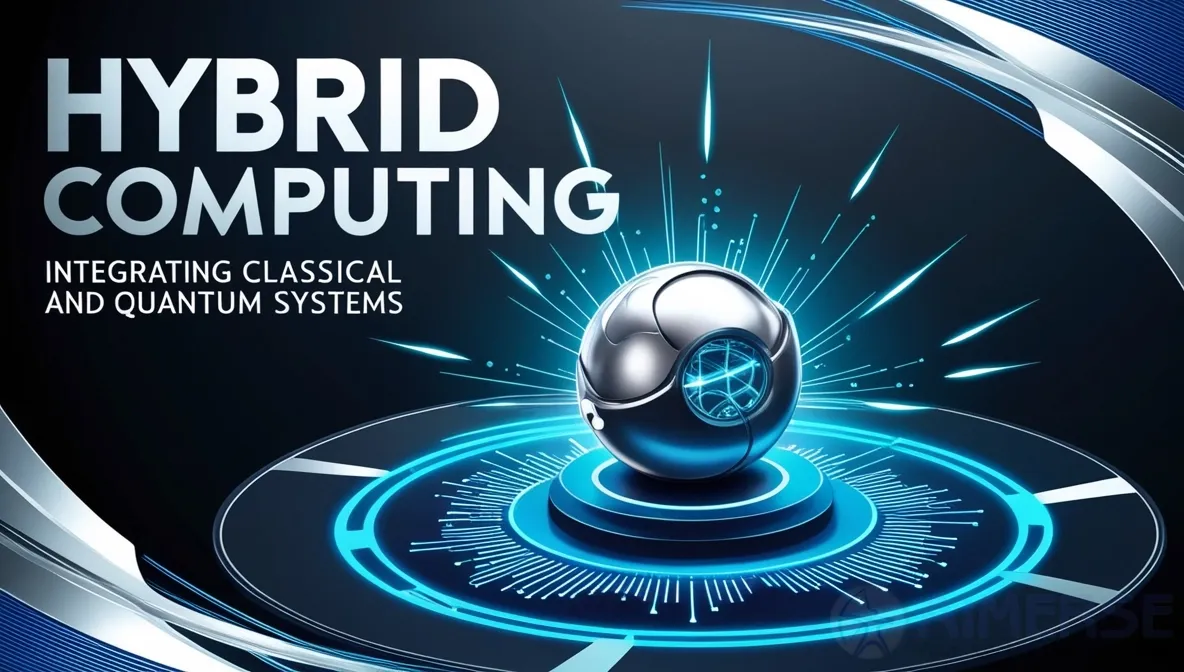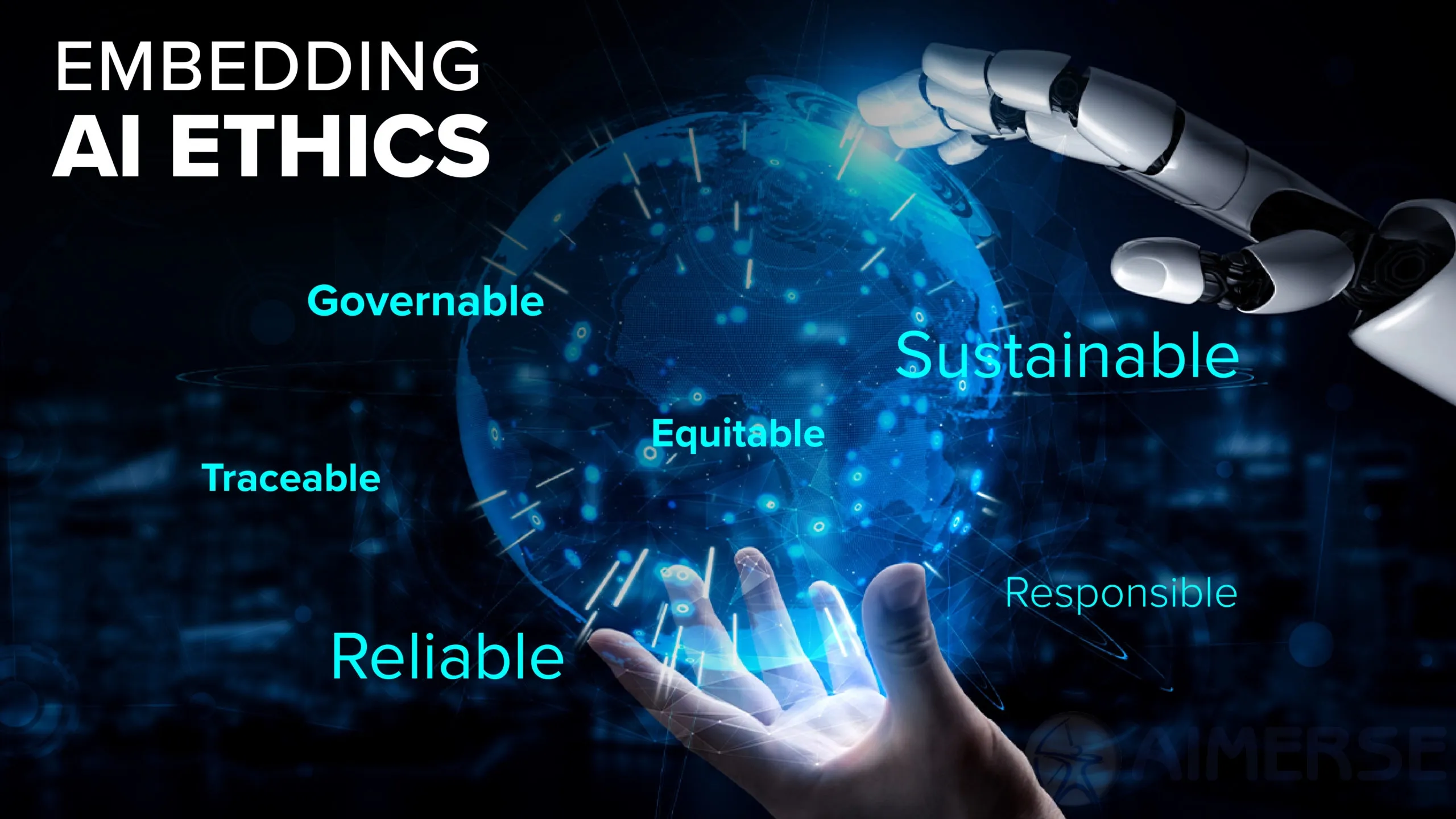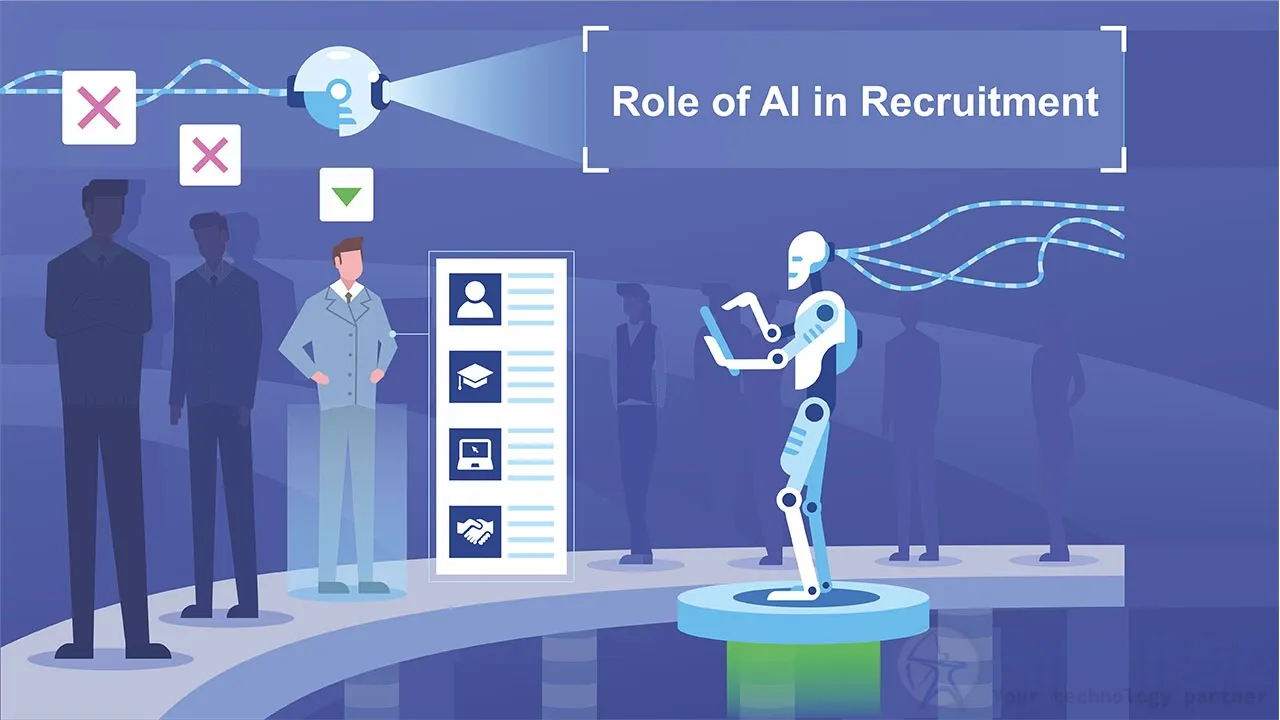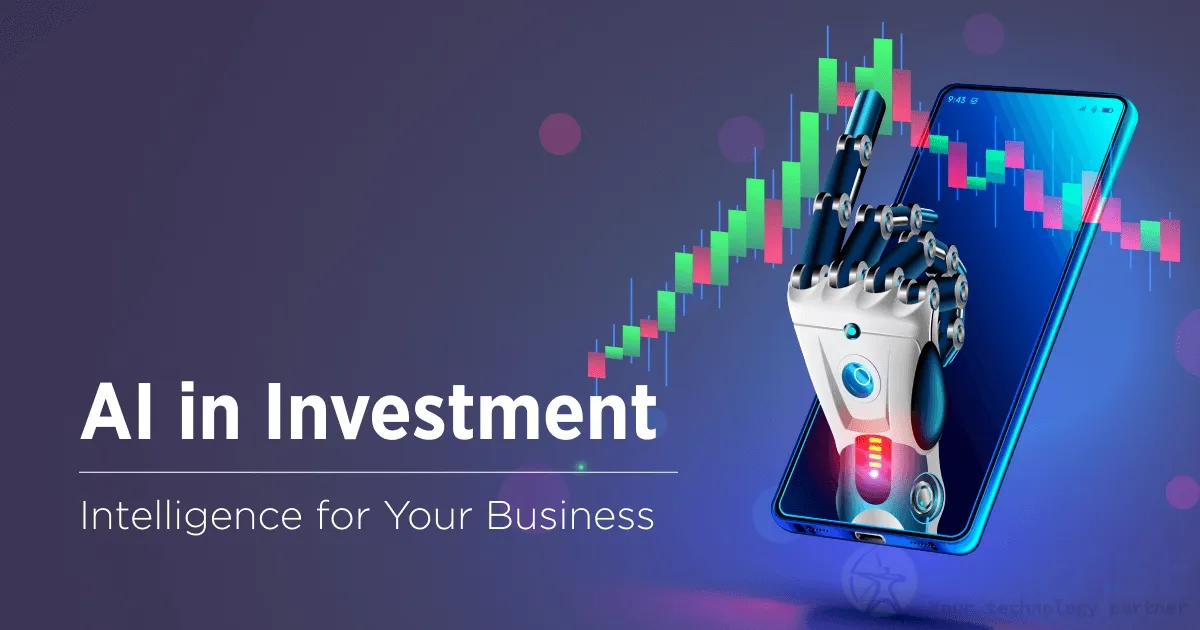Hybrid Computing: Integrating Classical and Quantum Systems
This new generation of computing power is such that problems that cannot be managed by classical computers are solved. Quantum computers are still in their early stages, causing many hardware limitations and requiring specially designed algorithms. The answer is hybrid computing. Hybrid computing combines both systems of classical and quantum to make use of the strengths of each toward practical, scalable, and high-performance solutions.
What is Hybrid Computing?
Hybrid computing is a form of computing that combines the two traditional and quantum models of computing to find solutions efficiently. Classical computers rely on binary bits, that is 0s and 1s, whereas in quantum computers, qubits can exist in states that can be represented simultaneously via superposition and entanglement. This architecture can perform complex computations yet relies on the robustness of the classical architectures.
How Hybrid Computing Works
Hybrid computing works based on outsourcing tasks according to their nature:
- General-purpose computing, workflow management, storage, and structured computation happen in classical systems.
- Quantum systems are applied to computationally intensive jobs like optimization, cryptography, and complex simulations.
- Middleware and APIs work as a connectors to allow the two systems to interact with each other in either a cloud or local environment.
Advantages of Hybrid Computing
- Performance: This integration comes with the reliability of classical computing and the speeds of quantum systems for certain applications.
- Scalability: This means that organizations can adopt quantum computing without necessarily having to fully replace the infrastructure already in place.
- Optimized workflows: The segregation of workloads distributed according to computational needs can make the process much more efficient.
- Breakthrough in AI and machine learning: Hybrid models can optimize large-scale AI applications by accelerating complex problem-solving.
- Security and Cryptography: It gives rise to quantum-resistant encryption schemes with security guarantees of data in a post-quantum world.
Hybrid Computing Challenges
Hybrid computing has promising potential, but also with some challenges:
- Hardware Limitations: Quantum processors are still in their nascent stages, with their qubit stability being relatively limited.
- Software and Algorithm Adaptation: Hybrid algorithms that appropriately exploit both the classical and quantum worlds are complex.
- Integration Complexity: It needs to have smooth interaction with the two systems, and middlewares and APIs have to be quite strong as well.
Applications of Hybrid Computing in Real-life
Hybrid computing solutions are being contemplated by industries in most sectors:
- Financial Services: The modeling of risks and fraud prevention due to enhanced algorithms based on quantum.
- Pharmaceuticals: The scale of drug discovery and molecular simulation was never there before.
- Logistics and Optimization: The optimization process gets support from supply chain management quantum-assisted optimization.
- Artificial Intelligence: Develop the deep learning process by optimization of neural network training.
- Cybersecurity: Upgrade the encryption scheme to gear up for the post-quantum world.
Future of Hybrid Computing
Hybrid computing will play a big role in the eventual step to full-scale quantum adoption. Already, firms such as Google, IBM, and Microsoft are creating hybrid cloud-based solutions that take quantum resources nearer to businesses with minimum investment in infrastructure.
Hybrid Computing and Software Development
Hybrid quantum-classical computing needs flexible high-performance software solutions. Organizations interested in the inclusion of hybrid computing in their workflow need:
- Scalable cloud architectures support both classical and quantum computations.
- Advanced APIs for unobstructed communication between the classical and quantum constituents.
- Optimized algorithms to leverage problem-specific advantages through quantum computing.
Aimerse Technologies is one of the biggest architecture companies that specialize in developing robust software architectures using modern frameworks like React.js, Node.js, Python Django, Laravel, and Java Spring Boot. From cloud-based solutions to AI-driven applications to high-performance computing frameworks, we help businesses glide through the future of hybrid computing without a hitch.
Conclusion
Hybrid computing will transform the industry by effectively meshing the best of both worlds-classical and quantum-into optimized computational efficiency and breakthroughs. In this quantum age, business leaders are going to ride the technological wave as they seek hybrid computing as a key differentiator.











